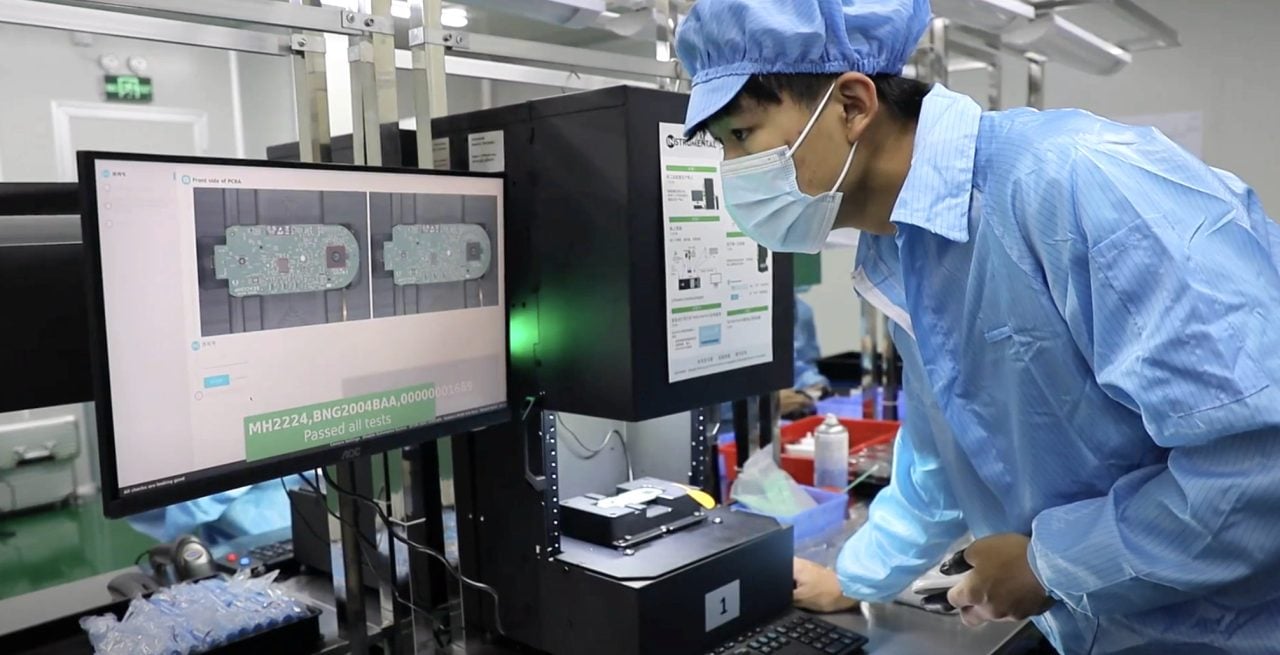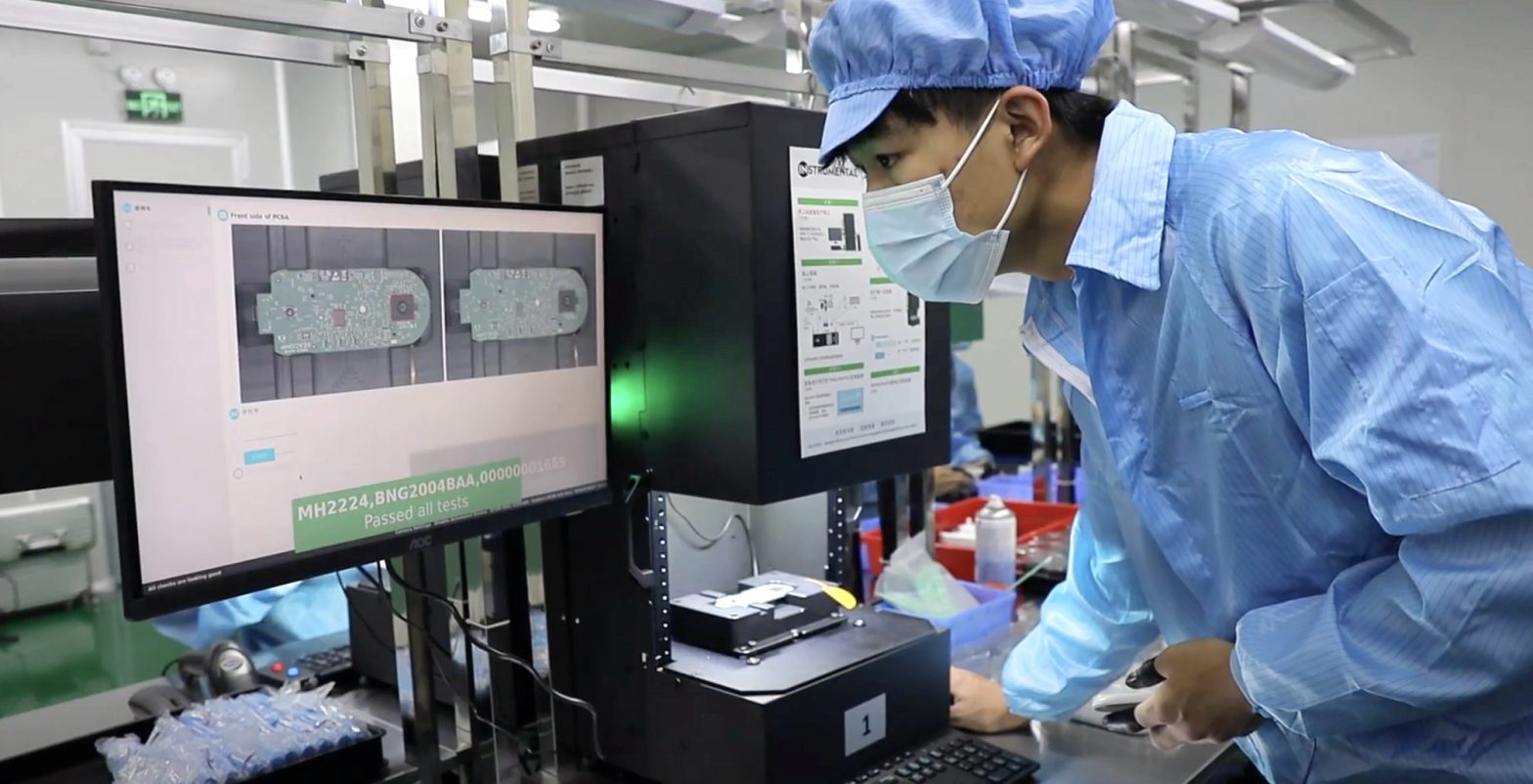
From predictive maintenance to better quality control, AI is changing how—and where—things are made.
Manufacturers are betting big on artificial intelligence (AI), according to a new survey from Augury, an Israel-based company that uses AI to improve manufacturing processes. Augury’s The State of Production Health 2023 report revealed that 63% of manufacturing respondents plan to increase AI spending this year.
That manufacturers are eager to take advantage of AI is no surprise, given the technology’s recent boom. AI is already on the production line, helping manufacturers improve efficiency and reduce costs in tasks ranging from measuring adherence to safety guidelines to reducing scrap. There’s a high ceiling on how much value AI could ultimately bring to manufacturers, but almost every company can get in on the ground floor.
How AI can prevent production issues
One of AI’s most useful capabilities is its speedy data analysis. With access to production data from sensors and context from part numbers and employee input, AI can spot issues when it matters most.
“The worst and most expensive time to find issues is during production,” says Anna-Katrina Shedletsky, co-founder and CEO of Instrumental, a Palo Alto-based company that uses AI to spot manufacturing defects. She told engineering.com that the best time to find is issues is before they occur.
For example, imagine a robot in an automotive factory that attaches door handles. By taking in sensor data such as how much pressure the robot is applying, and factoring in context such as how many handles the robot has installed since its last maintenance check, a well-trained machine learning (ML) model could estimate when and how the robot is likely to fail. This would give the manufacturer the opportunity to perform maintenance before—not after—failure occurs.
With AI-enabled predictive maintenance, manufacturers can identify what problems their equipment will experience, when these problems may occur, and what issues would result. All of this information allows facility managers to avoid disaster. They can schedule repair, maintenance or replacement and downtime at optimal points. This means they can avoid downtime, equipment breakage, substandard products, and unnecessary energy and labor costs, as well as potential injuries to workers.
Read the rest of this story at ENGINEERING.com

